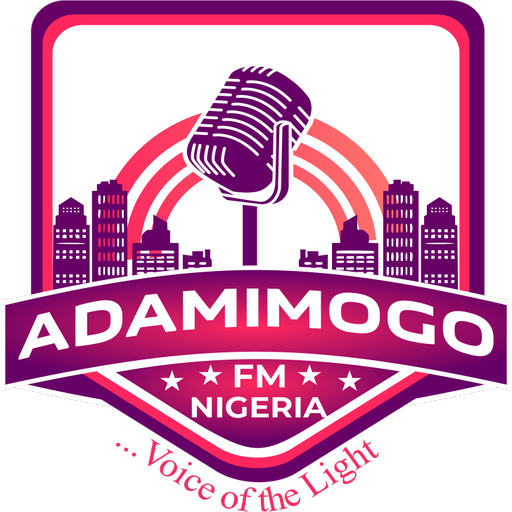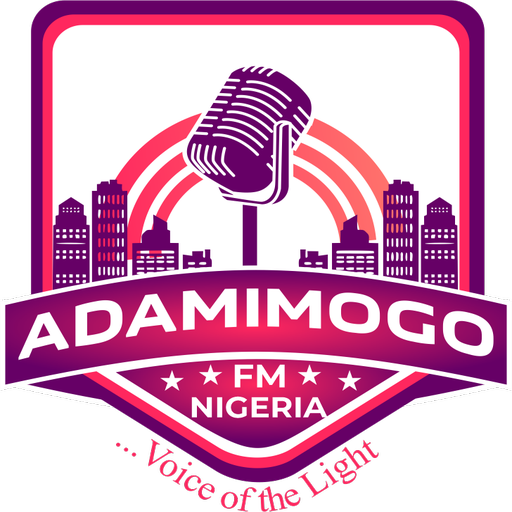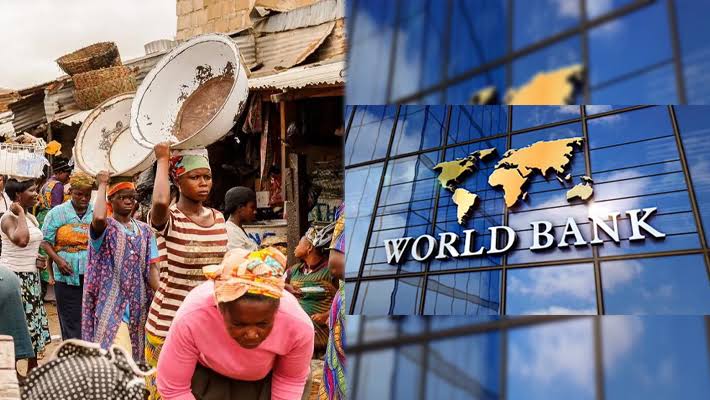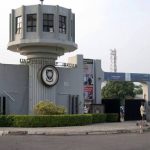The Nigerian government has dismissed the World Bank’s recent claim that 139 million citizens are living in poverty, describing the figure as exaggerated and out of touch with the country’s economic realities.
In a statement issued on Wednesday, President Bola Tinubu’s Special Adviser on Media and Public Communication, Sunday Dare, said the World Bank’s projection must be “properly contextualised” rather than taken as a factual representation of living conditions in Nigeria.
“While Nigeria values its partnership with the World Bank and appreciates its contributions to policy analysis, the figure quoted must be properly contextualised. It is unrealistic,” Dare said on his official X handle.
The Presidency clarified that the global lender’s estimate was derived from the international poverty line of $2.15 per person per day, a standard set in 2017 using Purchasing Power Parity (PPP). It noted that the benchmark does not translate directly into the realities of Nigeria’s local economy.
According to the government, converting the $2.15 line into nominal terms amounts to about N100,000 per month at current exchange rates—well above the country’s newly approved minimum wage of N70,000. The presidency argued that this disparity highlights the need to interpret such data carefully rather than as a literal headcount of poor Nigerians.
“The $2.15 threshold is an analytical construct used for comparison, not a reflection of actual income or consumption levels in Nigeria,” the statement explained. “Poverty assessments based on PPP rely on historical data—Nigeria’s last major survey was conducted in 2018/2019—and they often ignore informal and subsistence sectors that sustain millions of citizens.”
The government stressed that it views the World Bank’s figure as a modelled global estimate, not a real-time economic assessment.






